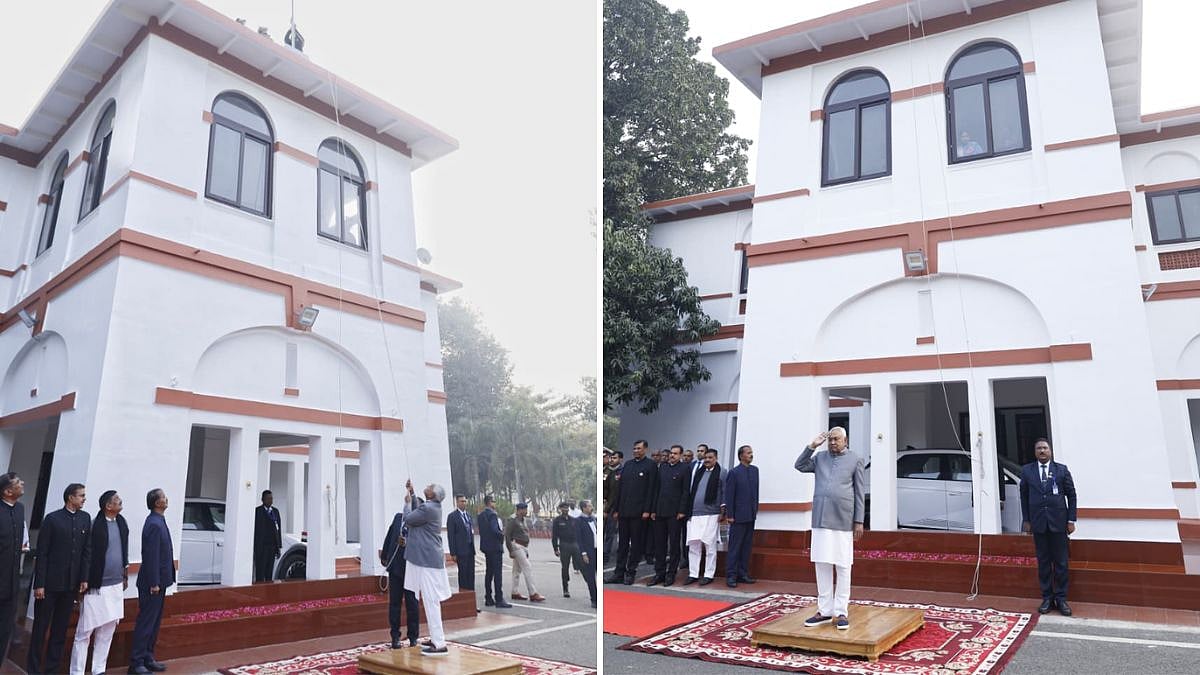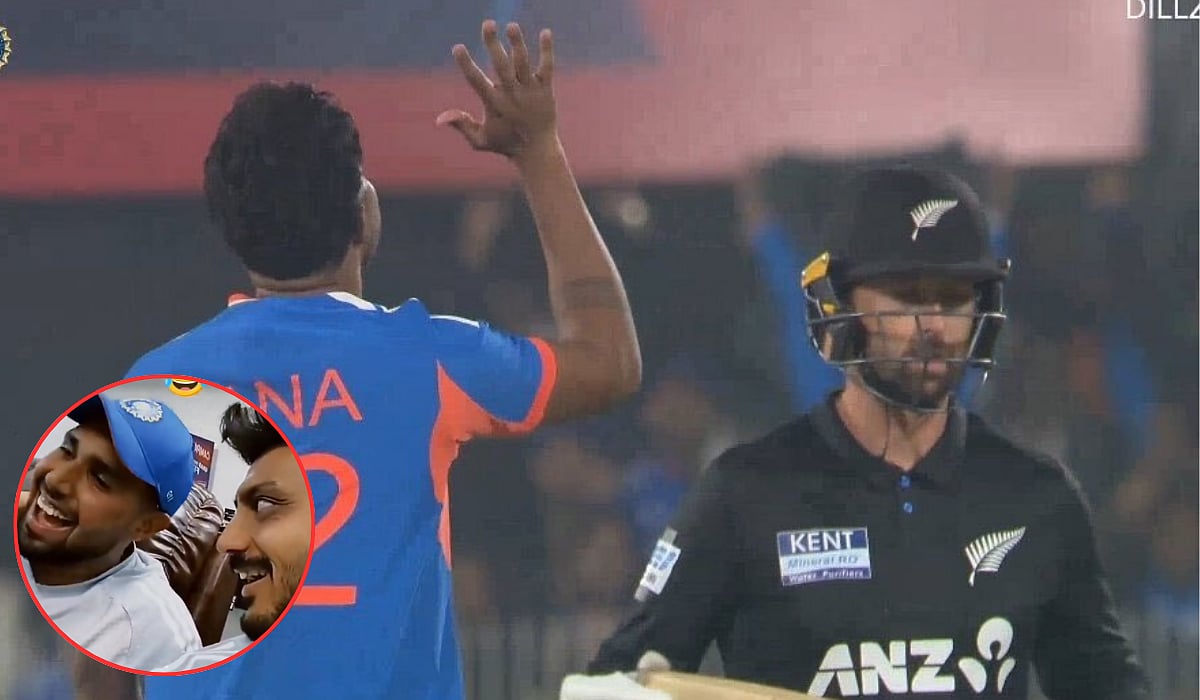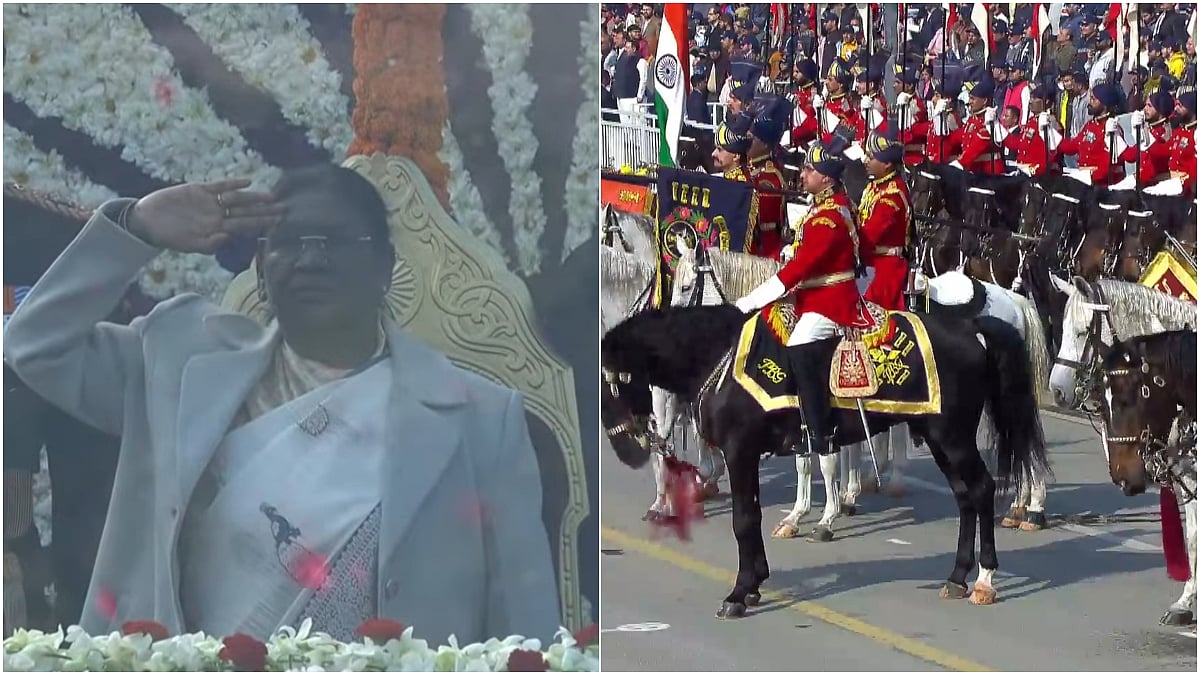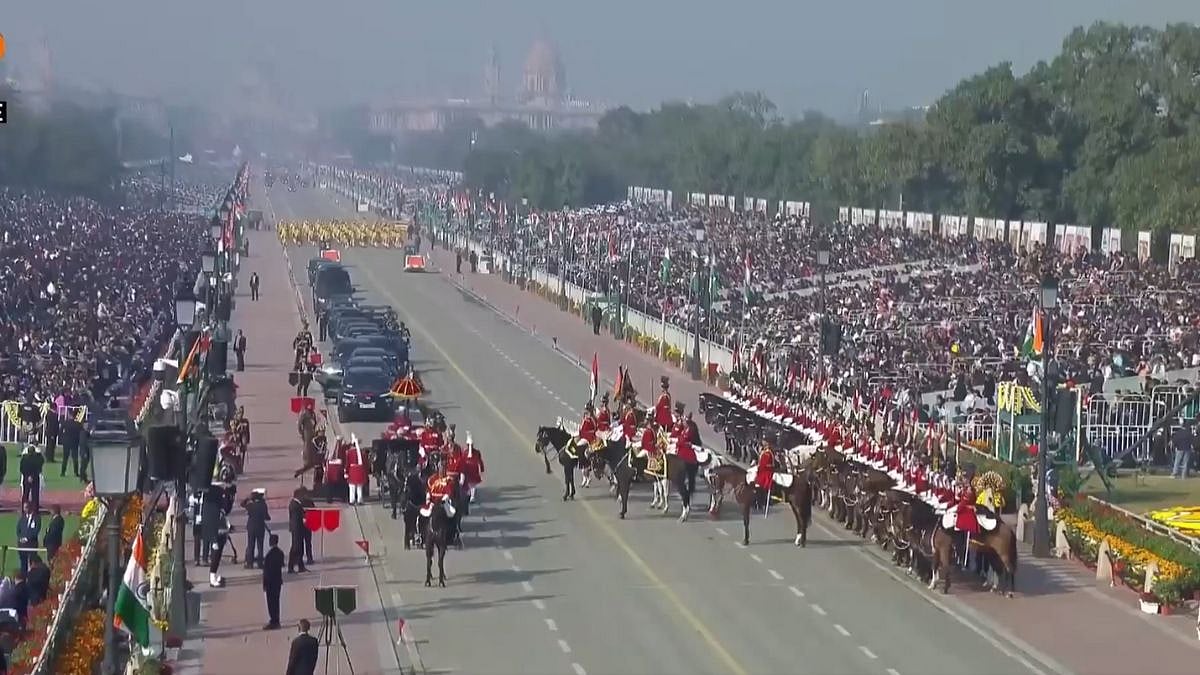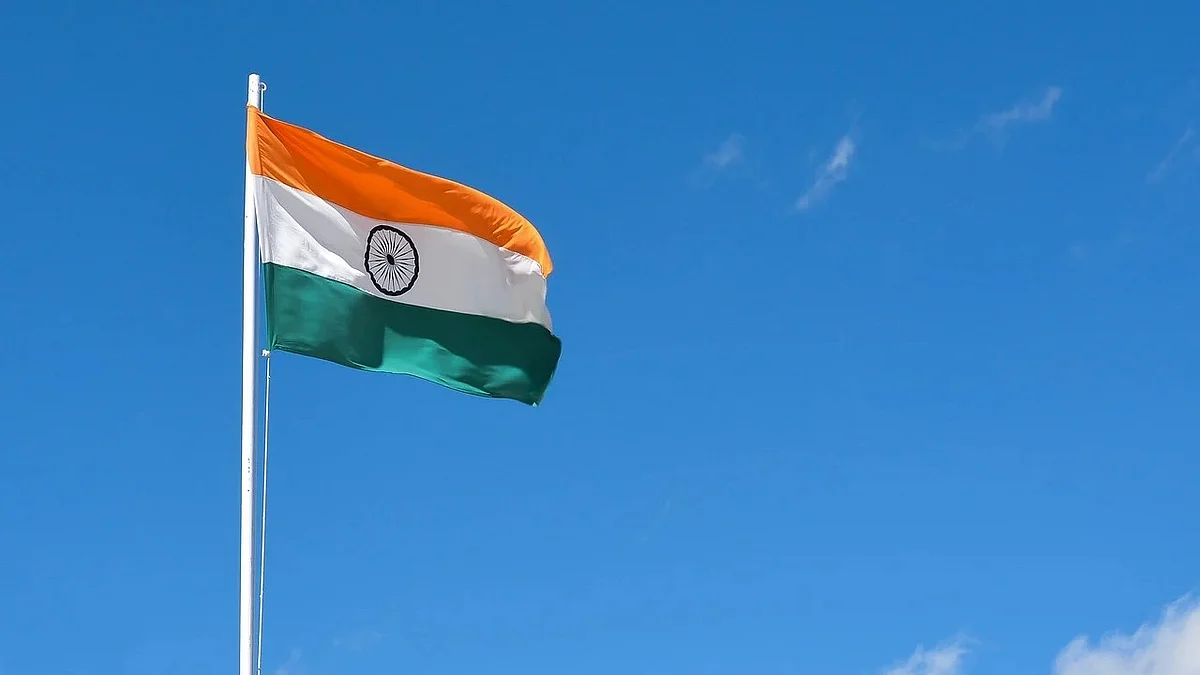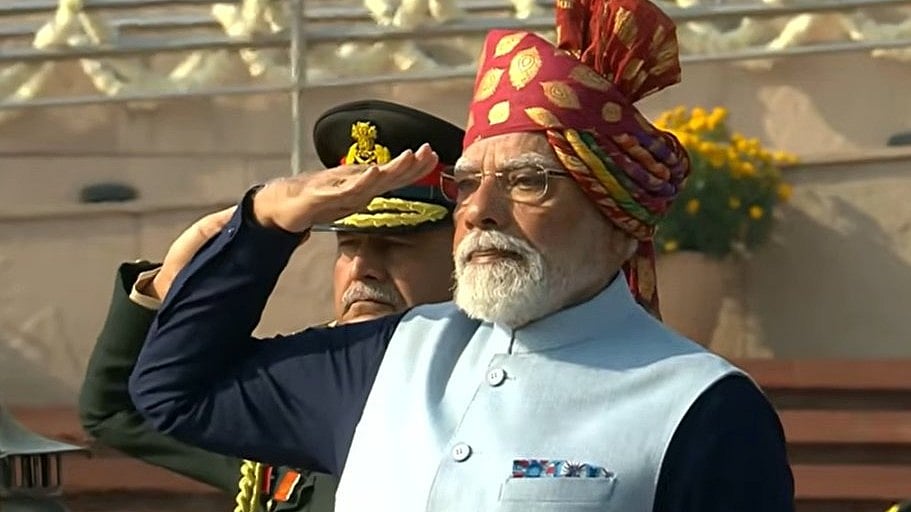During this summer season, Indian Railways is operating 380 special trains with a total of 6,369 trips to accommodate railway travelers and manage the additional passenger rush. This year, Indian Railways has increased the number of trips by 1,770 compared to the total of 4,599 trips operated by 348 trains in 2022.
While an average of 13.2 trips per train was conducted last summer, the current year sees an average of 16.8 trips per special train.
Destinations served by the special trains
The major destinations served by these special trains include Patna-Secunderabad, Patna-Yesvantpur, Barauni-Muzaffarpur, Delhi-Patna, New Delhi-Katra, Chandigarh-Gorakhpur, Anand Vihar-Patna, Visakhapatnam-Puri-Howrah, Mumbai-Patna, and Mumbai-Gorakhpur.
In total, these 380 special trains, making 6,369 trips, consist of 25,794 General Coaches and 55,243 Sleeper Coaches. General Coaches can accommodate 100 passengers each, while Sleeper Coaches can accommodate 72 passengers in ICF coaches and 78 passengers in LHB coaches.
Connectivity from various states
To cater to the summer rush, all zonal Railways across the country have prepared to operate special trips. These special trains ensure connectivity from various states, including Karnataka, Andhra Pradesh, Telangana, Maharashtra, Odisha, West Bengal, Bihar, Uttar Pradesh, and Delhi. South Western Railway, primarily serving Karnataka, is operating the maximum number of trips this summer with 1,790 trips, compared to 779 trips last year. Western Railway, serving mainly Gujarat, has also increased its trips to 1,470 from 438 last year. South Central Railway is operating 784 trips this year, which is 80 more trips than the previous year. In response to heavy rush in the northern part of the country, North Western Railway is running 400 trips, and East Central Railway is operating 380 trips. Northern Railway has planned to run 324 trips this year.
It's important to note that the number of trains and trips for specific special trains may vary throughout the season. Planning and operation of special trains is an ongoing process that involves gathering inputs from various communication channels, including media reports, social media platforms, Railway Integrated helpline number 139, and waitlist passenger details in the PRS system to assess the demand for trains on specific routes. Based on these requirements, the number of trains and trips are adjusted accordingly.
A close watch is being maintained by the commercial and RPF staff to prevent any malpractices such as seat hoarding, overcharging, and touting activities.


